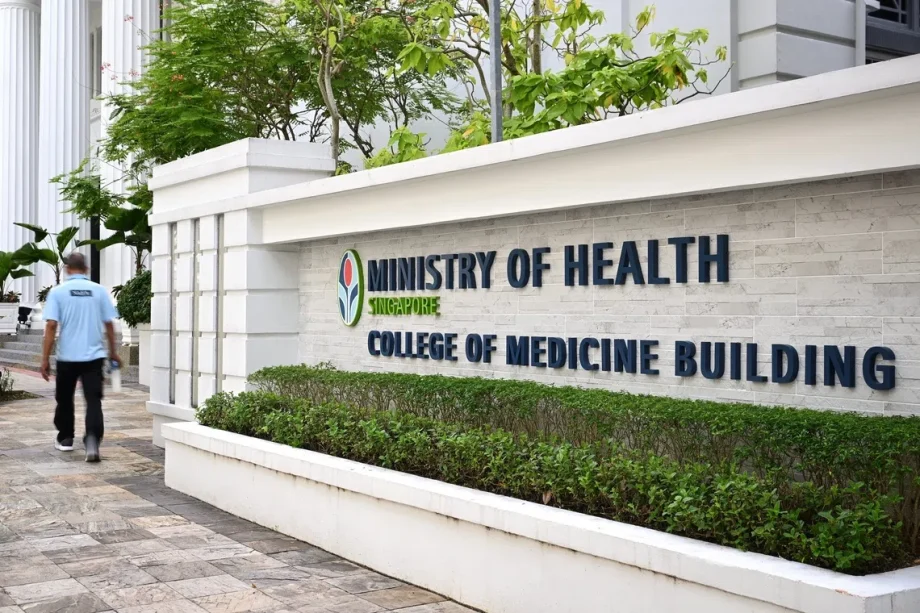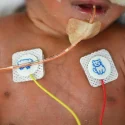SINGAPORE – By 2040, Singapore will add another 500 acute psychiatric beds to hospitals across the island as part of efforts to expand capacity in mental health care, said Senior Minister of State for Health Koh Poh Koon in an exclusive interview with The Straits Times.
“This is to make sure that even as we have an ageing population, even as the needs for mental health support increase, we have more acute care hospitals with beds available to deliver those needs closer to the homes of our patients,” said Dr Koh.
Acute psychiatric beds provide short-term inpatient care for individuals experiencing an acute phase of mental illness who require constant supervision and intensive care. Treatment could include managing severe symptoms, such as psychosis, suicidal ideation or extreme behavioural issues.
The additional acute psychiatric beds will be added to each of Singapore’s three healthcare clusters. This will include beds at the Institute of Mental Health (IMH) – Singapore’s only acute tertiary psychiatric hospital – as well as at the upcoming redeveloped Alexandra Hospital (AH).
IMH will continue to manage the most serious of mental health cases, especially those that require longer-term institutional care, as it has the full spectrum of psychiatric services and expertise, Dr Koh said.
“The other hospitals will be managing more of the acute care, which means someone in acute psychological distress who may need to be warded for a while to manage the situation while they get better,” he said.
While outpatient specialist mental health services are available across all acute hospitals, inpatient psychiatric care in Singapore is currently available at six out of 11 public hospitals.
These are IMH, Tan Tock Seng Hospital, National University Hospital, Changi General Hospital, Singapore General Hospital and Sengkang Hospital.
As at February 2024, there were almost 1,000 acute psychiatric beds in public hospitals, with more than 800 beds at IMH. By 2030, there will be about 1,070 acute psychiatric beds, with about 70 beds added in the redeveloped AH.








